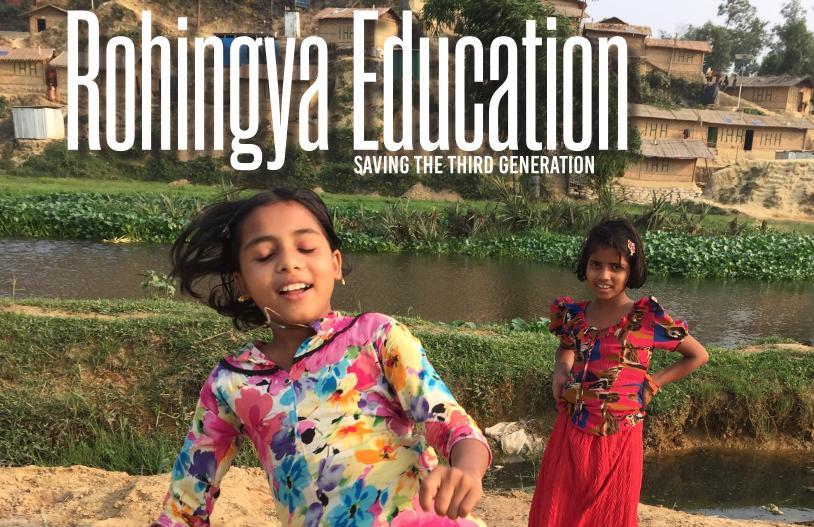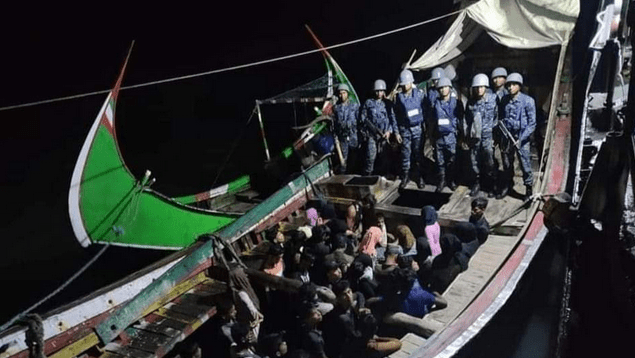Burma Task Force has released the 2nd report on Rohingya Education. DOWNLOAD HERE
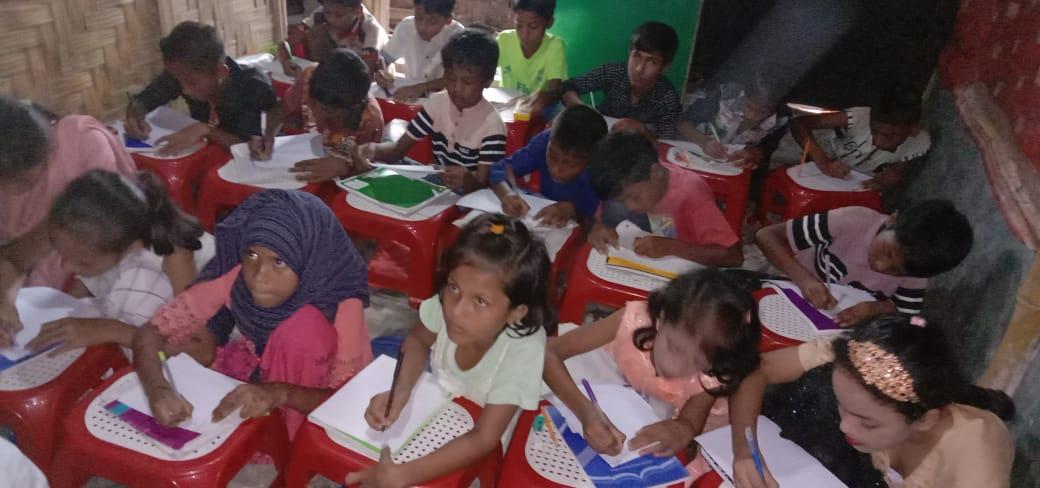
2022: Where is Hope for the Future? Update on Conditions
Persecuted and displaced, Rohingya genocide survivors have been scattered in numerous countries, with the largest population now in the camps of Cox's Bazar, Bangladesh. Rohingya lack legal rights in their refugee host nations, and have no clear prospect of return to their homeland. In this long period of uncertainty, what future can the Rohingya people prepare for? What hope?
Rohingya deserve better conditions in the nations they have been forced into. Refugees are not economic refugees and all of them should have the right to work legally. In most nations, they are not allowed to work.
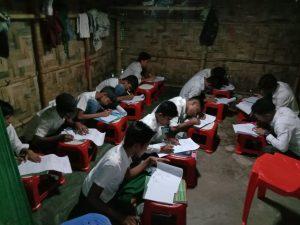 Half of the Rohingya displaced to Bangladesh are children. Their access to education is severely restricted. This unnecessary limit targets the community's future. Children have the right to an education.
Half of the Rohingya displaced to Bangladesh are children. Their access to education is severely restricted. This unnecessary limit targets the community's future. Children have the right to an education.

 In 2021 Burma Task Force launched its Let Rohingya Learn report. However, so far Bangladesh policies towards children remain highly restrictive. In 2022 we see numerous volunteer run refugee schools targeted for closure.
In 2021 Burma Task Force launched its Let Rohingya Learn report. However, so far Bangladesh policies towards children remain highly restrictive. In 2022 we see numerous volunteer run refugee schools targeted for closure.
At the same time, hundreds of small businesses have been forced to close in the camps, residents are pressured to relocate to isolated Bhasan Char, and regular deadly fires are set, destroying thousands of Rohingya homes as well as schools.
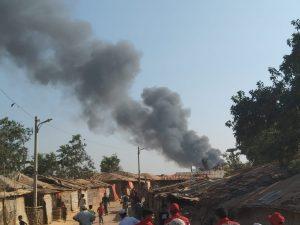
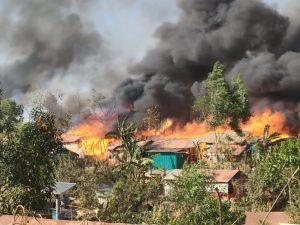
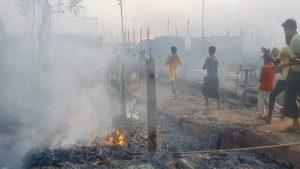
Burma Task Force supports Rohingya aspirations for legal rights and restoration of their homes and villages in a free Burma. But while the Burmese democracy movement seems to recognize Rohingya rights, the existing military government does not. This means that despite important cases in the international courts, justice is out of reach for the foreseeable future.
Bangladesh and other host nations must improve living conditions and embrace their responsibilities to prepare Rohingya refugees for a better future.

